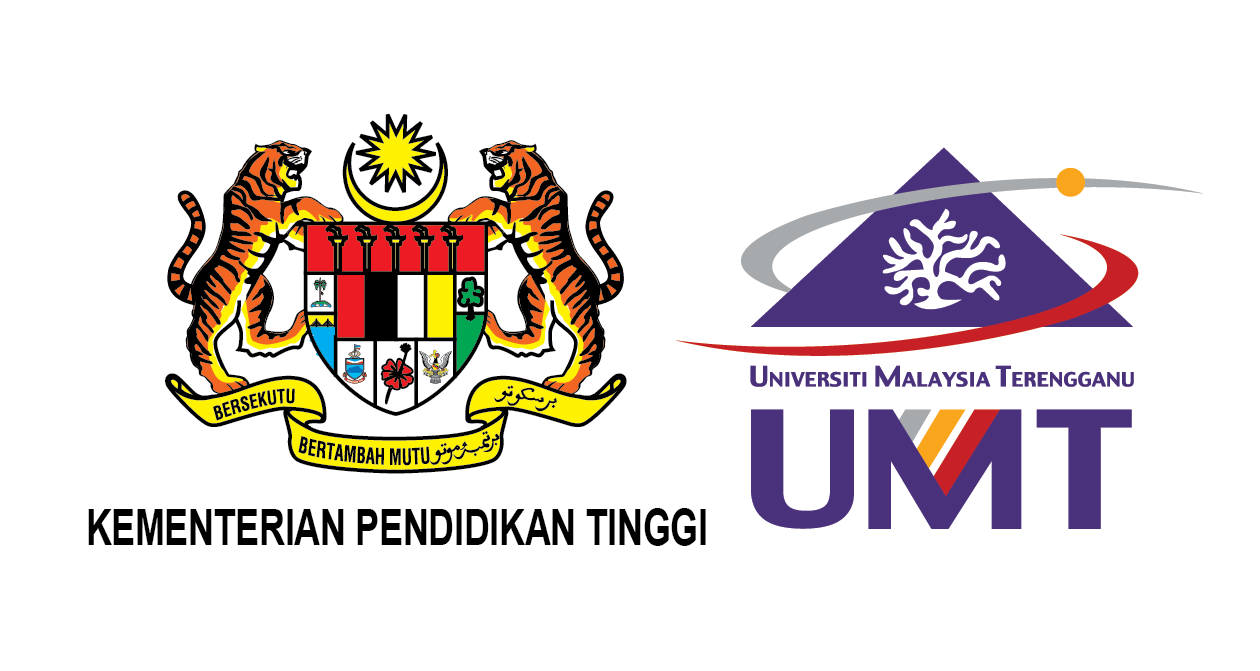Please use this identifier to cite or link to this item:
http://umt-ir.umt.edu.my:8080/handle/123456789/5595| Title: | Efficacy of nucleotide related products on growth, blood chemistry, oxidative stress and growth factor gene expression of juvenile red sea bream, Pagrus major |
| Authors: | Md. Sakhawat Hossain Shunsuke Koshio Manabu Ishikawa Saichiro Yokoyama Nadia Mahjabin Sony Mahmoud A.O. Dawood Md. Abdul Kader Mahbuba Bulbul Takeshi Fujieda |
| Keywords: | Nucleoside by-product Inosine Oxidative stress Growth Blood chemistry Red sea bream |
| Issue Date: | 2016 |
| Publisher: | Aquaculture |
| Citation: | Vol.646; 8-16 p. |
| Abstract: | A feeding trial was conducted to determine the efficacy of nucleotide related products on growth, blood chemistry, oxidative stress and growth factor gene expression of juvenile red sea bream. Five experimental diets were formulated to contain 49% protein, 11% lipid and the diet without nucleotide related product supplementation was the control (D1). Nucleotide related products like; nucleoside by-products (NBPs) and inosine were supplemented at 1, 3 and 0.03, 0.1% consecutively with basal ingredients of D1 and named as D2, D3 & D4 and D5 respectively. Experimental diets were fed to triplicate groups of fish for 60 days. Fish fed diet D5 showed significantly the highest final bodyweight and %weight gain followed by the diet groups D2 and D4. Fish fed control group showed the lowest growth performance and were not differed significantly with diet group D3. Feed conversion ratio and protein efficiency ratio were also significantly higher in diet group D5, whereas the other supplemented group showed intermediate value. A wide variation in some of the blood parameters was observed. In case of oxidative stress parameters, fish fed inosine supplemented diets showed the best conditions because they performed better under oxidative stress conditions as well as had the highest tolerance against oxidation.AmongNBP supplemented groups, diet group D2 also showed acceptable conditions of oxidative stress tolerance. Stress resistance against lowsalinity exposure (LT50) also increasedwith dietary supplementation and it was significantly the highest in fish fed diet group D5. Total serum protein, serum lysozyme activity and total peroxidase content tended to be higher (P N 0.05) in NBP and inosine supplemented diet groups. In numerically higher hepatic IGF-1, mRNA expression was found in diet groups D2 and D4. However, IGF-1 and IGF-2 mRNA expressions were not significantly altered by dietary supplementations in the present study. Considering overall performance of the present study, we concluded that inosine and low concentration of NBP (1%) could be effectively used as dietary supplements for better growth and health performance of Pagrus major. Statement of relevance: In this study industrial by-products, nucleoside by-products and relatively lowcost nucleoside, inosine has been evaluated as potential functional nutrients for marine fish such as red sea bream. Utilization of these functional supplements will help to reduce nucleotide administration cost in fish feed as well as to develop low fishmeal based functional aquafeed in the near future. |
| URI: | http://hdl.handle.net/123456789/5595 |
| ISSN: | 448486 |
| Appears in Collections: | Journal Articles |
Files in This Item:
Items in UMT-IR are protected by copyright, with all rights reserved, unless otherwise indicated.

